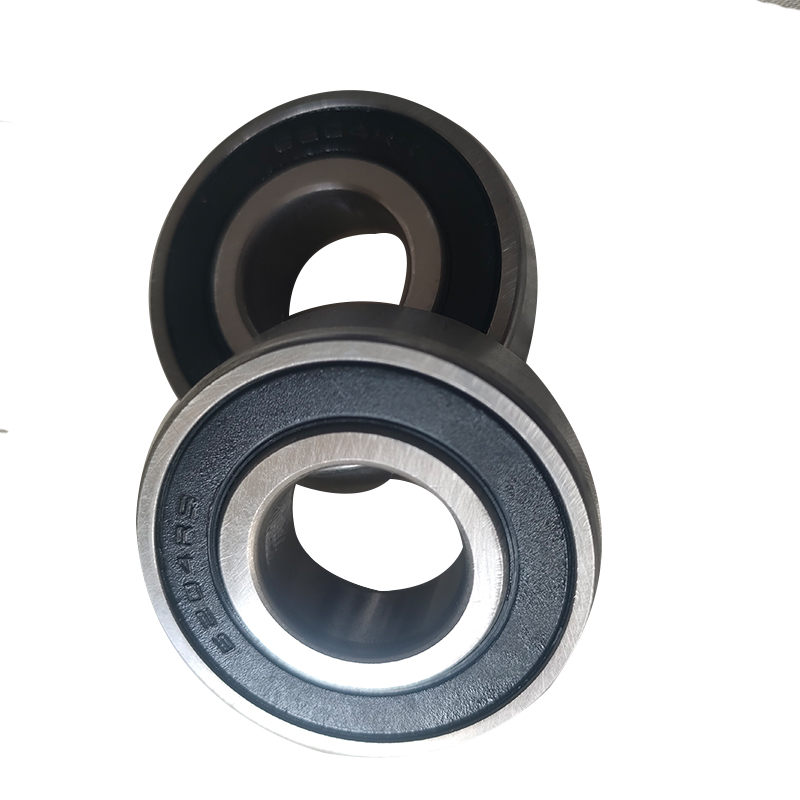Aug . 15, 2024 15:22 Back to list
Exploring the Importance of Custom Bearings in Motor Performance and Efficiency Enhancement
The Importance of Custom Bearings in Motor Applications
In the realm of mechanical engineering and design, the components that contribute to the efficiency and performance of a motor are critical. Among these components, bearings play a pivotal role. They are essential for reducing friction between moving parts, supporting rotating shafts, and ensuring the overall smooth operation of machinery. While standard bearings are suitable for many applications, the increasing demands for performance, efficiency, and customization in modern motors have given rise to the need for custom bearings.
Understanding Custom Bearings
Custom bearings are specifically designed to meet the unique requirements of a particular motor application. Unlike off-the-shelf solutions, which may not provide the necessary support, size, or operational characteristics, custom bearings are engineered to fit specific dimensions, load ratings, and operating conditions. This customization can include variations in size, shape, material, and design features, allowing engineers to optimize motor performance for specialized tasks.
Advantages of Custom Bearings
1. Optimized Performance One of the primary benefits of custom bearings is their ability to enhance performance. By tailoring the bearing to the motor’s specifications, engineers can ensure that the bearing supports the necessary load capacity and minimizes wear and tear over time. This leads to greater reliability and longer-lasting equipment.
2. Improved Efficiency Custom bearings can significantly reduce friction and energy loss within a motor. When bearings are designed to fit perfectly with a motor’s components, they enable smoother rotation, which can lead to improved energy efficiency. This is particularly important in applications where energy costs are a major concern, such as electric vehicles and industrial machinery.
custom bearing used in motor

3. Enhanced Durability Different applications expose motors to varying environmental conditions, including temperature fluctuations, moisture, and contaminants. Custom bearings can be made from materials that resist corrosion, ensure high performance at elevated temperatures, or withstand exposure to dust and debris. This results in longer service life and reduced maintenance costs.
4. Flexibility in Design Engineers often face complicated design challenges that standard bearings may not address adequately. Custom bearings can be designed to fit unique geometries or to accommodate specific operational scenarios, providing flexibility that standard models simply cannot offer. This allows for innovation in motor design and performance.
5. Greater Load Capacity Custom bearings can be engineered to handle unique load distributions and higher loads than standard bearings. This is especially beneficial in applications involving heavy machinery, industrial motors, or specialized robotics, where the ability to support significant forces is crucial.
Applications of Custom Bearings in Motors
Custom bearings are used in various applications across different industries. In the aerospace sector, where precision and reliability are paramount, custom bearings support high-performance engines and systems. The automotive industry utilizes them in electric and hybrid vehicles to improve efficiency and reduce emissions. In industrial settings, custom bearings are essential in ensuring the smooth operation of conveyor systems, pumps, and generators.
Conclusion
Custom bearings represent an essential evolution in the design and application of motors. By providing optimized performance, improved efficiency, enhanced durability, and flexibility, they allow manufacturers to address the specific demands of their applications. As technology progresses and the need for specialized solutions continues to grow, the importance of custom bearings will only increase. Investing in the right custom bearing solution not only enhances motor performance but also contributes to overall operational efficiency and cost savings in the long run. As industries continue to innovate and push the boundaries of what is possible, the role of custom bearings in achieving those goals will remain critical.
Latest news
-
25MM 2 BOLT UCFLX05-14 Flange bearing unit( oval)
NewsMar.07,2025
-
4 bolt UCF 200 series Pillow block bearings
NewsMar.07,2025
-
25MM 2 BOLT UCFLX05-14 Flange bearing unit( oval)
NewsMar.07,2025
-
UCF216-50 4-Bolt Flange Housing Square Bearing
NewsMar.07,2025
-
25MM 2 BOLT UCFLX05-14 Flange bearing unit( oval)
NewsMar.07,2025
-
spherical roller bearing material exporter
NewsMar.07,2025





